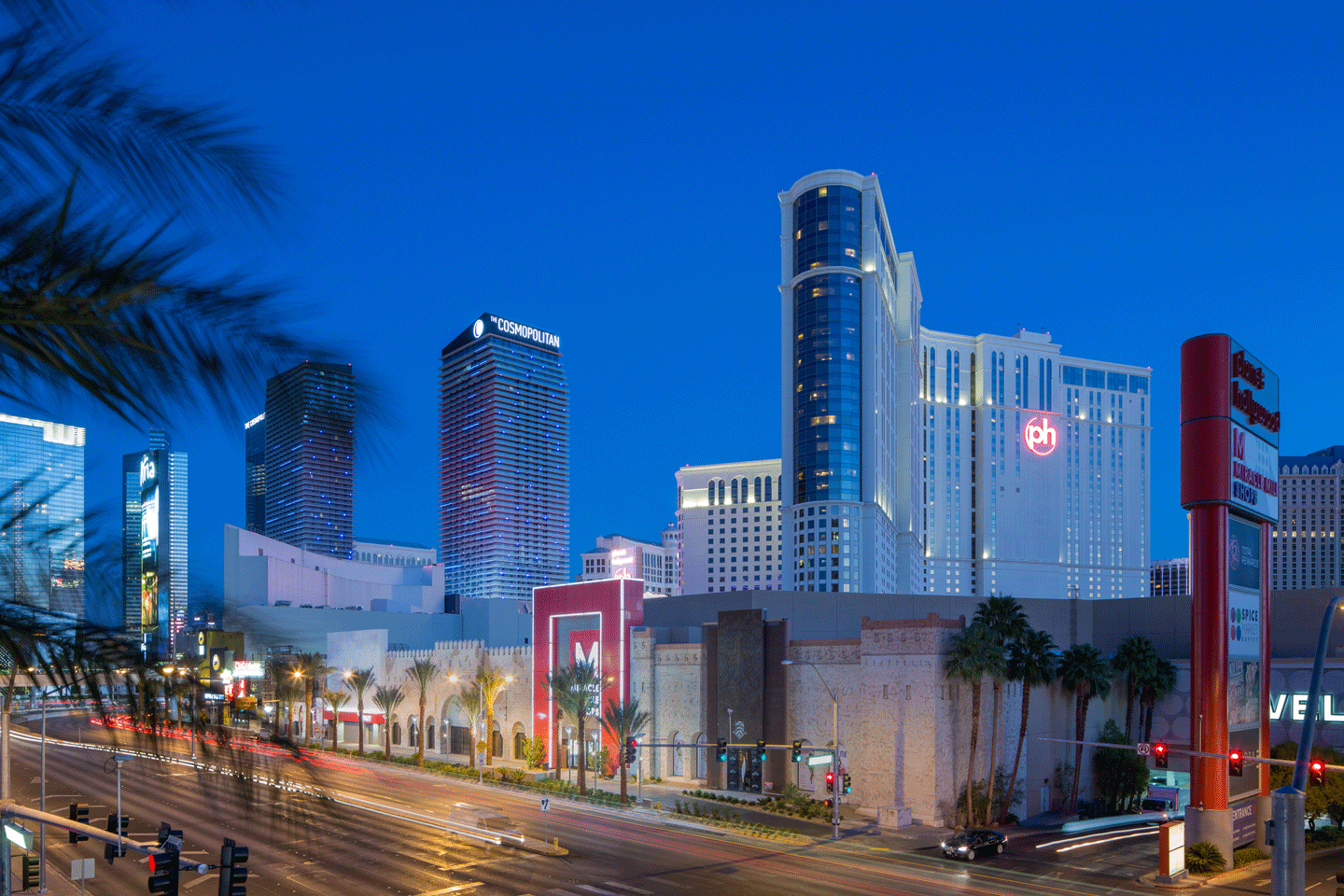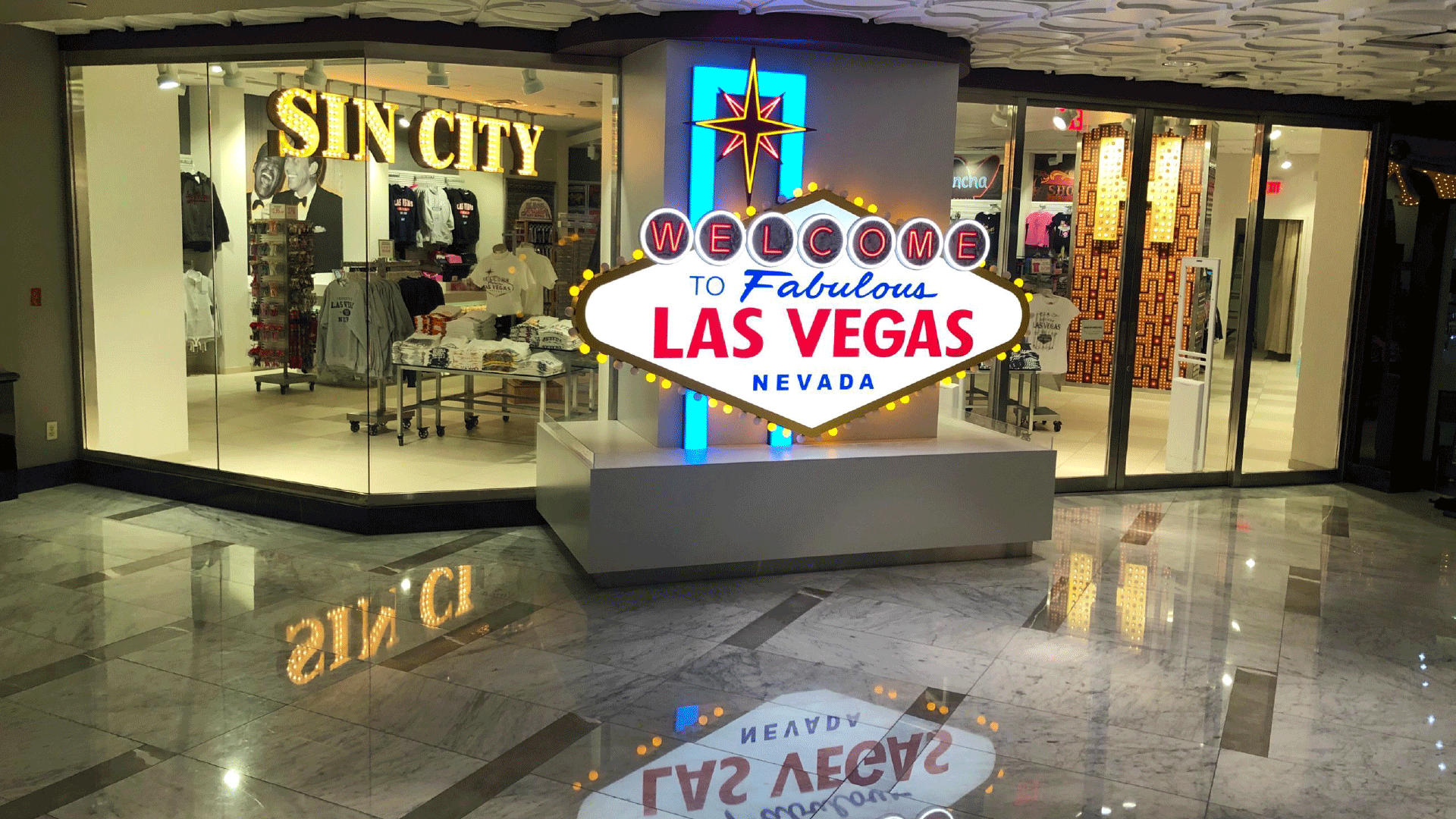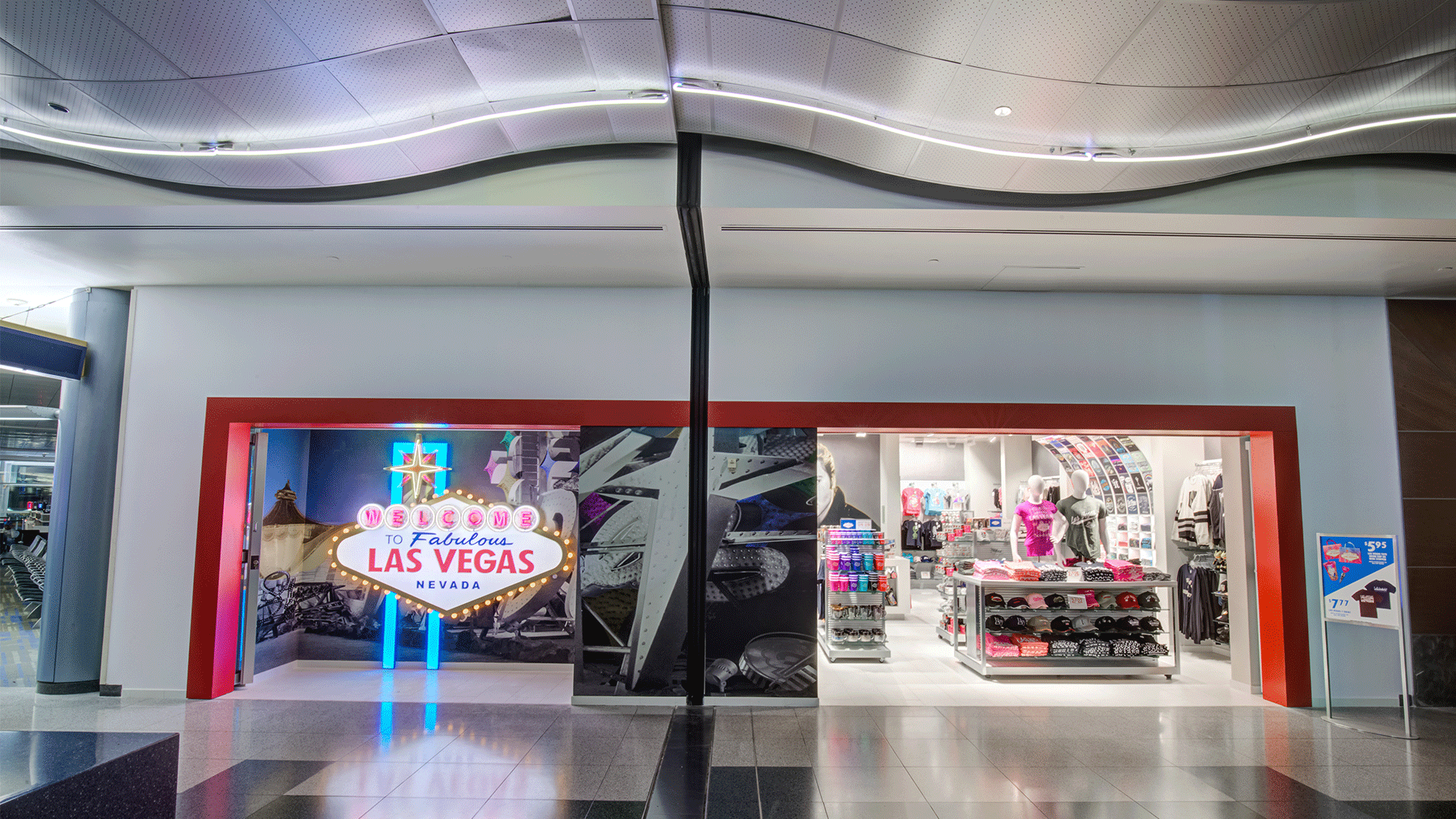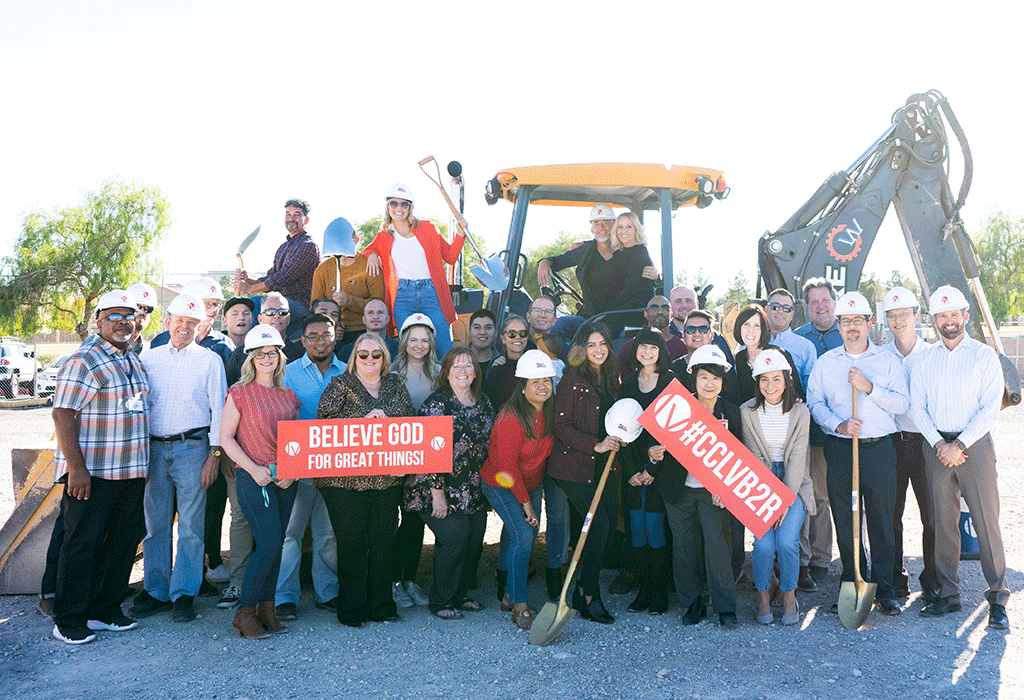In just a few weeks Las Vegas will welcome the top retail real estate professionals across the country at ICSC RECon. Leading developers, owners, brokers and retailers will all be in attendance to experience the latest innovations and discuss the newest trends impacting the industry. As consumer shopping habits continue to evolve many believe there are two main shifts retailers must understand and overcome in order to thrive.
A shift in Consumer Behavior
After the recession, many people sought deals for products they needed at off-price retailers such as Marshalls, T.J. Maxx, and Ross and today these brands are booming. While we’re seeing major department stores close and downsize, off-price retail chains are focused on brick-and-mortar expansion. These brands have created a shopping experience that can’t easily be replicated online, driving traffic to their stores and creating a fun experience for today’s shoppers with constantly changing inventory.
As consumers seek to connect with brands and value experiences, new store concepts are changing the retail landscape. Technology, location, store size and services provided are all shifting to meet consumer behaviors. Stores like Target, Ikea and Nike are testing smaller formats and once, online-only retail stores like Casper, Warby Parker, Indochino and UnTuckIt are trying their hands at pop-up stores and brick-and-mortar – all to connect more with their consumers. Shop-in-shops are also on the rise, like The Market @ Macy’s and B8ta offering consumers convenience with more products all in one place.
We’re seeing this shift in the valley with two recent project announcements from Target and Burlington. These big-name department store retailers are opening their first strip locations with a small store format in mind. Focused on selling the essentials for consumers with grab-and-go ease.
Technology
Consumers are much more intentional on what they’re shopping for and where they’re going. Utilizing technology to research a product and expecting convenience for purchases. According to the U.S. Commerce Department, online retail has grown 300 percent between 2000 and 2018. Retailers must offer a convenient online alternative to the traditional brick-and-mortar stores and offer rapid delivery to compete in the marketplace.
Amazon Go has transformed traditional brick-and mortar-stores with its cashless payment system and no checkout lines. Their store model features computer vision, sensor fusion and artificial intelligence to automatically charge customers for products purchased. Retailers have also recognized a need to partner with emerging technology companies. For example, Toymaker Hasbro has formed a relationship with 3D printer maker Shapeways to produce the brand’s favorite toys before 3D printers become commonplace in the home.
Las Vegas has been the first to adopt some of these technology trends, with the opening of the Tipsy Robot, the first land-based bar with only robotic bartenders. Vdara Hotel and Spa also utilizes relay robots to serve guests snacks, sundries and spa products in less than five minutes and Nobu Hotel unveiled the world’s first automated guest engagement platform to elevate the guest experience and improve speed and efficiency.
***
Our team is looking forward to learning more about all the changing retail trends at RECon 2019 and how it could impact future construction. If you plan to attend, make sure to connect with Brenden and Jim to talk about your development needs.





